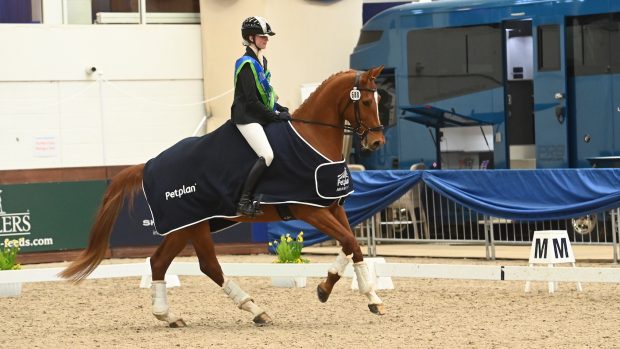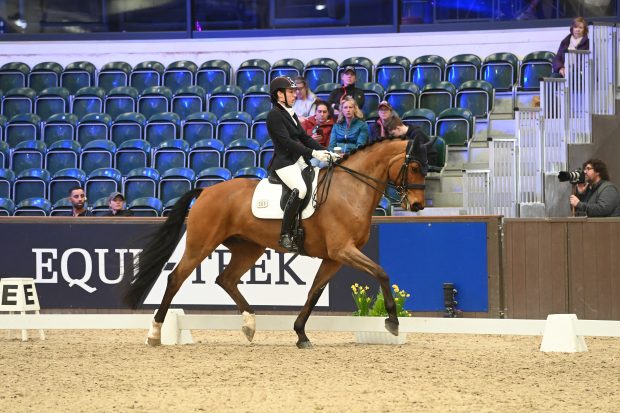A report claiming breeding a winner is 10% genetics and 90% nurture has been branded “irresponsible” by the chairman of the new Lead Body for Performance Sport Horses and Ponies (PSHP).
Lynne Crowden of the British Warm Blood Society says the research will encourage indiscriminate breeding.
“Nurture is very important but the potential of the horse is determined by the gene pool. That’s why 90% of Derby winners were bred with that race in mind,” said Mrs Crowden. “It is irresponsible to let people think it does not matter what they are breeding from if they can spend a fortune on training,” she added.
The report by researchers at the University of Edinburgh claims to prove that up to 90% of a racehorse’s lifetime winnings can be attributed to the way the horse is reared, trained and ridden, rather than to its genes.
According to the study, reported last month in the Biology Letters Journal, only the remaining 10% of the winnings can be attributed to parentage.
The scientists compared the stud fees, winnings and lifetime earnings of more than 4,000 horses in racing and found that although there is a genetic variation for how much prizemoney a horse wins, paying higher stud fees does not necessarily buy access to the best genes available.
Dr Alistair Wilson, who led the research, said: “The offspring of expensive stallions might tend to win more money, but not necessarily because they have the best genes.
“It is likely that those breeders best able to pay high stud fees are also able to spend more on the care of the horse, how it is trained and who rides it — all of which will contribute more to how much it will win.
“Of course, if every breeder is spending lots on the care of the horse, then the difference between winning or losing will come down to the smaller details, such as parentage.”
But Mrs Crowden feels their research must be flawed.
“I have bred six money-winning racehorses from 11 foals, including the Grand National runner Pink Gin who won more than £50,000, using line-breeding, working from genetics in the mother’s breeding,” she said.
“All the horses were sold on as foals or yearlings, so had diverse nurture. But the percentage of winners far outweighs the average. I believe genetics has a real bearing on ability.”
This news story was first published in Horse & Hound (3 January, ’07)




